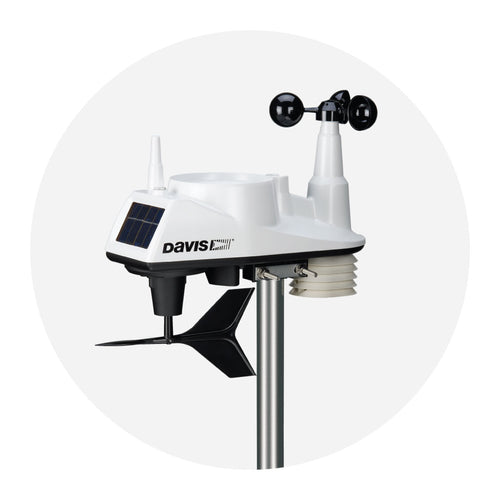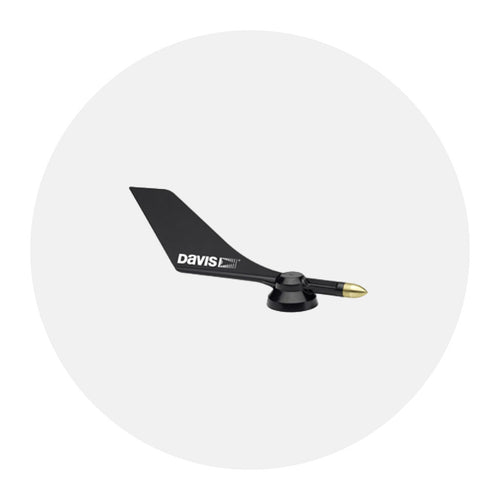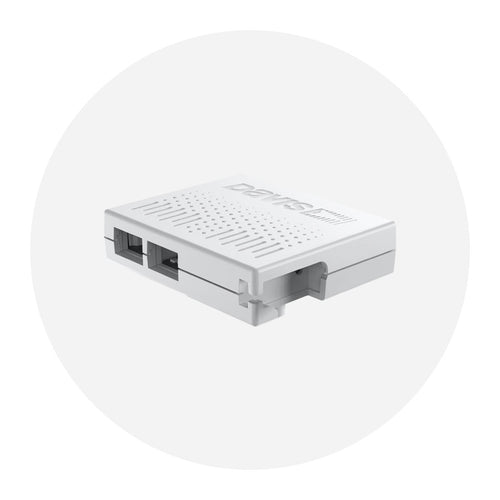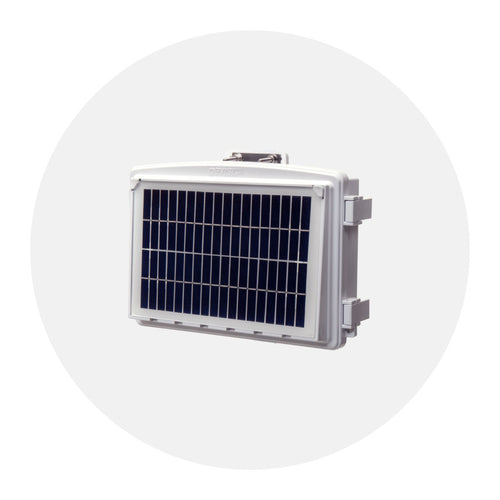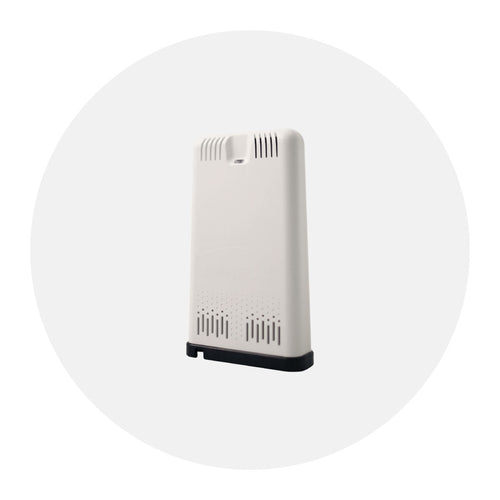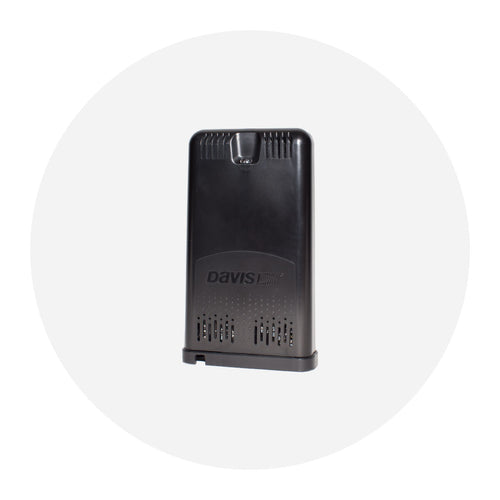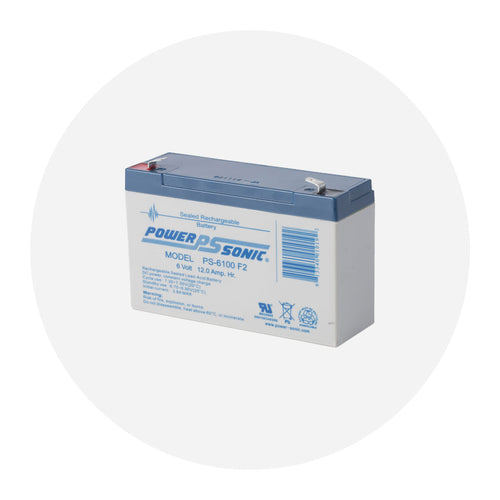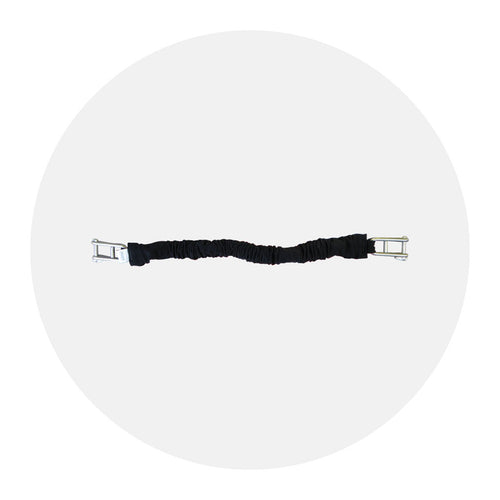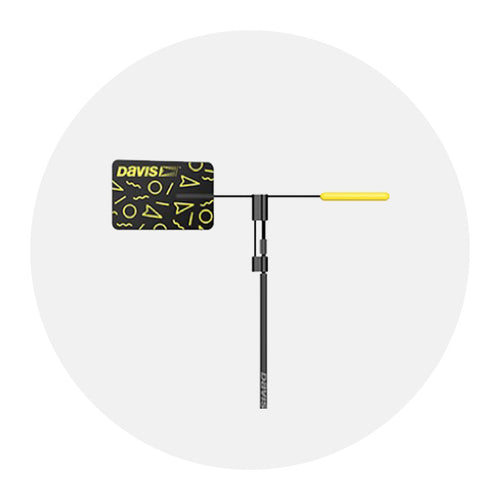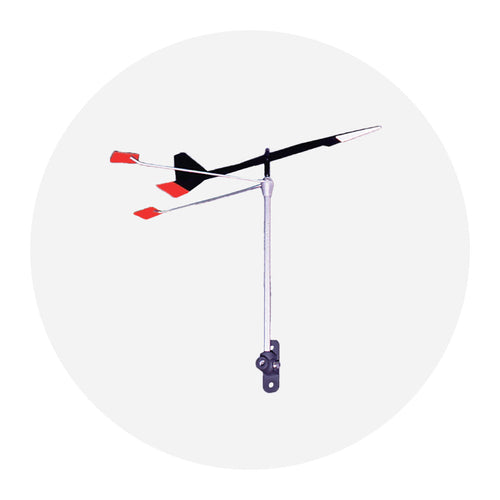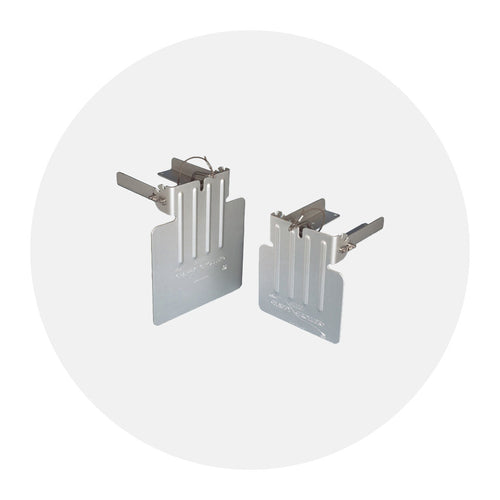Rigging refers to the process of setting up and arranging various components, such as ropes, lines, wires, and hardware, to support and control the sails, mast, and other parts of a sailing vessel. It involves configuring the rigging system in a way that allows the sails to capture the wind and propel the boat effectively.
The rigging of a sailboat typically includes several key components:
- Standing Rigging: This refers to the fixed and permanent elements of the rigging that provide support and stability to the mast. It consists of wires or rods, known as stays and shrouds, that run from the mast to various points on the boat's hull or deck.
- Running Rigging: These are the lines and ropes used to control the position and shape of the sails. They include halyards (used to raise and lower the sails), sheets (used to control the angle of the sails), and control lines (used for various sail adjustments).
- Mast and Spars: The mast is the vertical structure that supports the sails and is often made of aluminum or carbon fiber. Spars, such as booms and spinnaker poles, are additional horizontal or diagonal poles that help control the shape and position of specific sails.
- Blocks and Pulleys: These are used to create mechanical advantage and redirect the lines for efficient sail control. Blocks consist of one or more pulleys, often with ball bearings, to reduce friction and ease line handling.
The rigging of a sailboat is crucial for maintaining sail shape, controlling the boat's balance, and optimizing performance. It requires careful attention to detail, knowledge of sail handling techniques, and an understanding of the boat's design and sailing characteristics.
Proper rigging setup and maintenance are essential for safety, as well. Regular inspections and maintenance of the rigging components are necessary to identify and address any wear, corrosion, or fatigue that may compromise their strength and integrity.
See also: rigging knife, mooring


